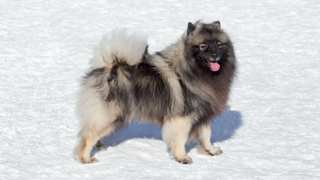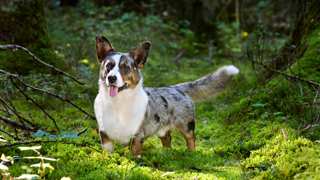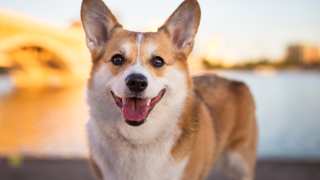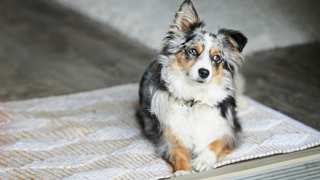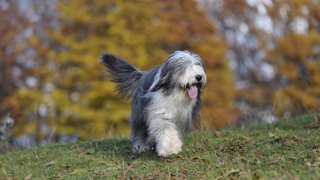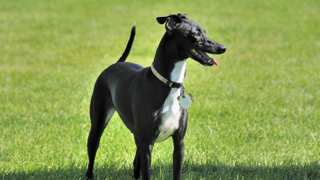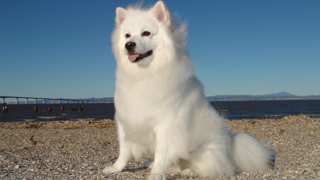As with all breeds, the German Spitz diet will need to include plenty of animal proteins and carbohydrates for energy, vitamins and minerals for digestive and immune health, and essential fatty acids for coat and skin wellness. What this means: the best German Spitz food is the premium dry kind, because this type has balanced portions of the above-listed nutrients that will sustain the dog's health over the course of its life. While more expansive and difficult to obtain, these high-quality foods are much better for your German Spitz than cheap, generic foods, which contain mostly empty "filler" ingredients that simply won't keep a dog healthy in the long term. Fromm, Taste of the Wild, and Royal Canin are three recommended brands that have excellent premium dry food selections.
In regards to portions: the typical adult German Spitz, depending on its size, age, and activity level, will need about two cups of premium dry food per day, divided into two meals. German Spitz puppy food portions, again depending on the pup's age, are a little smaller: about 1½ cups per day, divided into three meals (not two) until six months of age. For more info on feeding a German Spitz from puppyhood through maturity, here's a handy feeding guide:
German Spitz Feeding ChartDog AgeDog WeightFood TypeAmountFrequency2 Months5 lbsDry (Puppy formula)0.3 cups3x/day3 Months8 lbsDry0.4 cups3x/day6 Months15 lbsDry0.5 cups3x/day9 Months20 lbsDry* (Puppy/Adult)0.8 cups2x/day12 Months+25 lbsDry (Adult formula)1 cup2x/day*--Around this time, transition to adult food by first mixing in just a bit of adult formula with the puppy formula. Over the course of a week, with each meal add a little more adult food to the mixture, until the dog is eating it entirely.
Try to stick to the above-listed portions if possible. If constantly overfed, a dog of this breed will easily become overweight--and a fat German Spitz will have joint, breathing, and digestive issues, not to mention a shortened lifespan. You can help control your Spitz's weight by establishing consistent feeding and exercise schedules, by not feeding the dog table scraps or other "human" food, and by not leaving food in the dog's bowl all the time, thereby allowing it to eat anytime it wants. It's better to put your Spitz's bowl down only at mealtimes, then pick it up 15-20 minutes after the dog begins eating.
If you're worried your German Spitz is overweight, give the dog this simple test: run a hand along its side, and if you can't feel any ribs, it's diet time. Decrease your Spitz's daily food consumption by one-fourth, and add an extra walk or play period to its daily exercise schedule.

